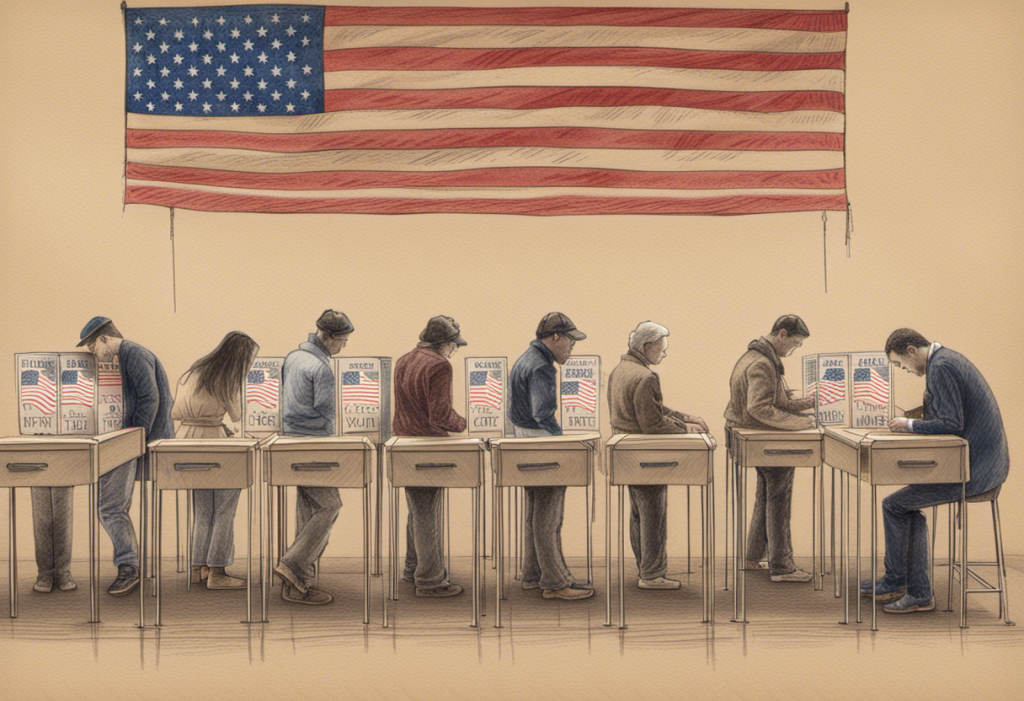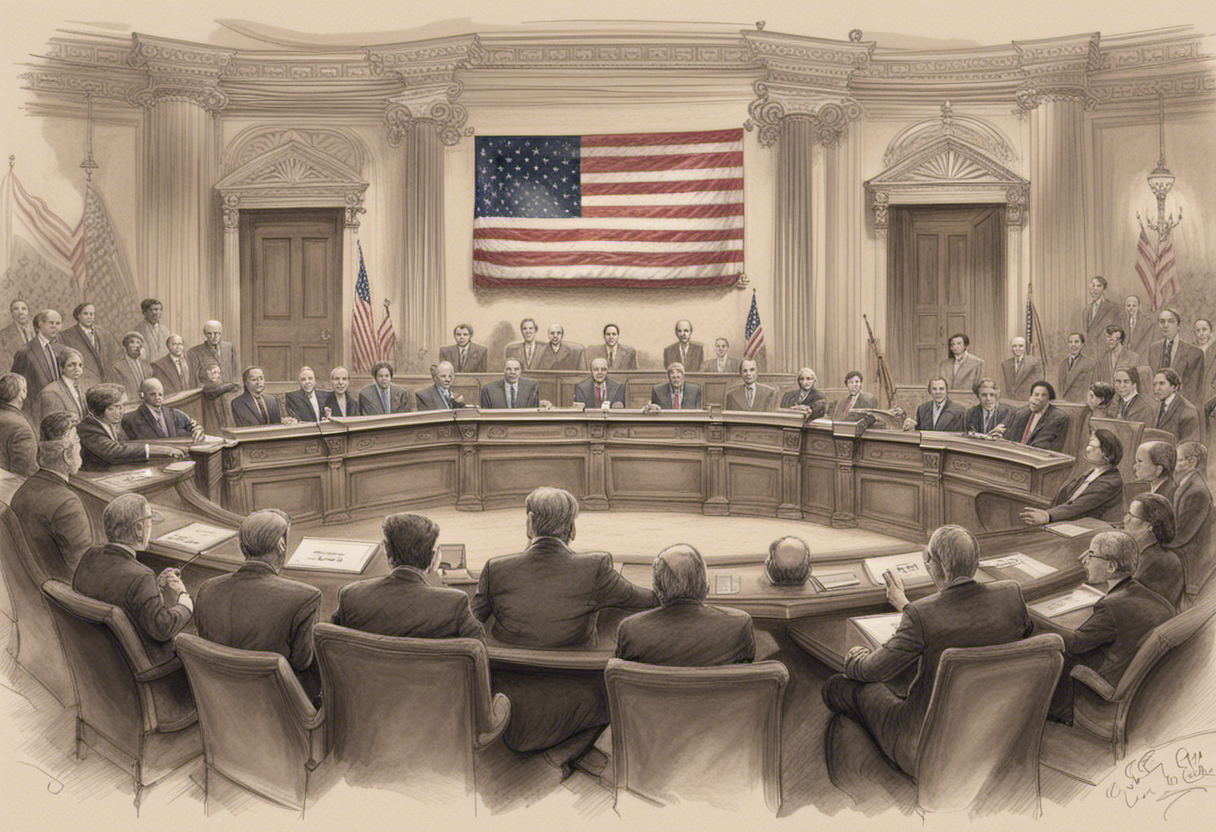Uniparty politics, a phenomenon where major political parties agree on crucial topics, has led to a lack of variety in policymaking. This convergence has resulted in voter disenchantment and indifference, as dominant parties focus more on electoral success than solving pressing social problems. In response, centrist ideas have gained popularity as a third way that aims to unite the left and the right. Pragmatism and compromise are highly valued by centrists, who seek to establish a middle ground in order to solve current problems. Centrism is an effort to overcome party deadlock in politics and encourage cooperation across competing ideologies by adopting a more open stance.
A uniparty system could be beneficial in many ways, such as making government work better and more efficiently. By working together, they could pass laws and put in place policies that would help the country as a whole. However, it could also lead to a lack of different ideas, making politics more similar and less interesting. Additionally, a uniparty system could make it hard to hold people accountable for what they do, which could lead to wrongdoing and power abuse.
Political realignment is essential to address these issues, as it promotes a “us versus them” mindset and blocks opportunities for productive debate and cooperation. To guarantee the greatest interests of the people are served, it is essential to find a middle ground between party unity and plurality. Leaders can successfully navigate uniparty politics and promote centrist policies by prioritizing open and honest communication, aggressively seeking feedback from a wide range of stakeholders, and placing a premium on achieving broadly held ideals and objectives.

Citizens may also help by having an open dialogue with those who have different views. A more sophisticated perspective recognizes that political issues are rarely binary. Uniparty politics, centrism, and political realignment provide promise for more cohesive and effective administration in a world where political division predominates. Societies can overcome political differences and progress beyond left and right by embracing subtlety, seeking common ground, and supporting collaborative endeavors.
Some Americans are becoming more sure that their government cares more about businesses than they do about the people. This idea is based on several factors, including the growing power of pressure by corporations over government policy, the rise of election campaigns funded by businesses, and industry freedom causing damage to the environment and financial problems. The government is not always obligated to look out for companies’ best interests, but there are examples of how the government does things that help the people but hurt businesses.
In conclusion, it is up to each American to decide whether they think their government is loyal to businesses or not. While there is evidence for both sides of the issue, it is important to remember that the government is made up of people, and people aren’t always driven by what’s best for themselves.

